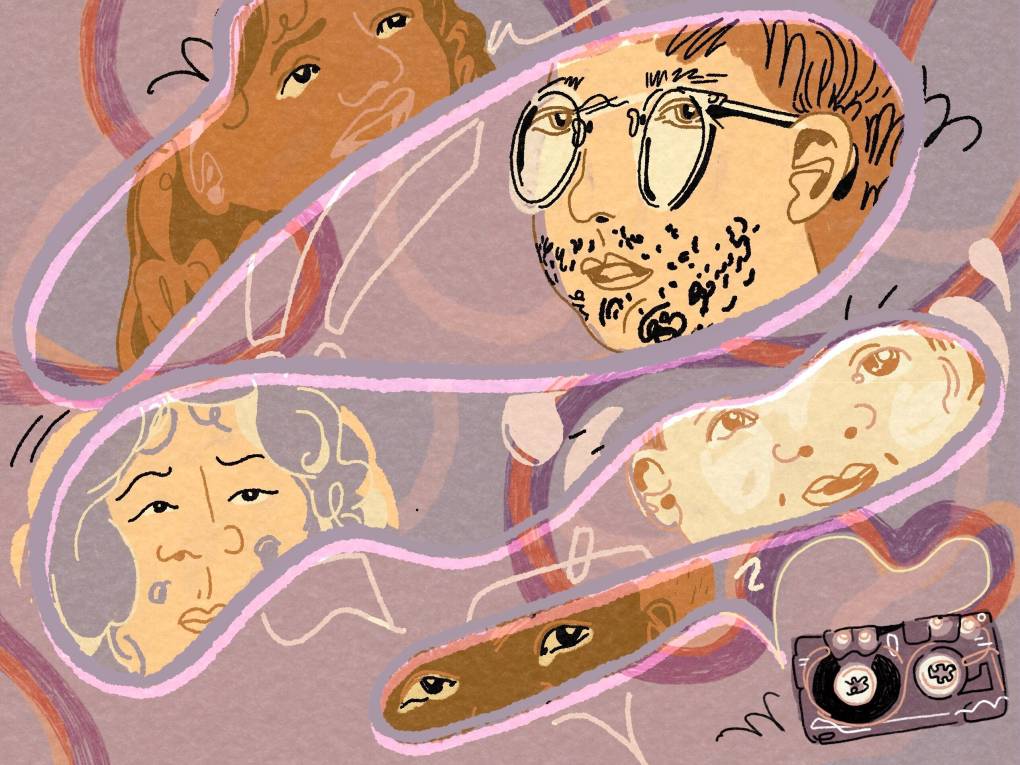
"It definitely feels intimidating, Wong said. In reality, you just got to start somewhere and start chipping away at it."
"Wong said that when interviewees are engaging in another activity... those stories kind of come out."
"Talking about traumatic memories requires a high level of trust and rapport... they're too personal to just launch into right away."
"Instead, you want to walk them through that moment towards a place of strength... that they're here today."
Nicole Wong, in her research for 'The Mahjong Project,' emphasizes the significance of conducting oral histories by engaging relatives through shared activities like Mahjong. She highlights that the process feels intimidating but encourages starting slowly, as it can lead to meaningful conversations with family. Experts suggest focusing on specific, manageable questions to help interviewees recall memories, particularly when discussing traumatic experiences, as this requires trust. Overall, shared activities can evoke deeper storytelling and facilitate healing through discussing significant life experiences.
Read at Kqed
Unable to calculate read time
Collection
[
|
...
]